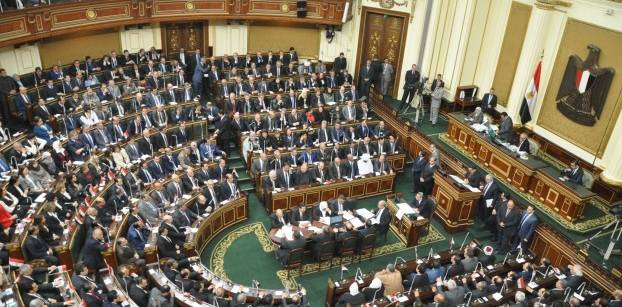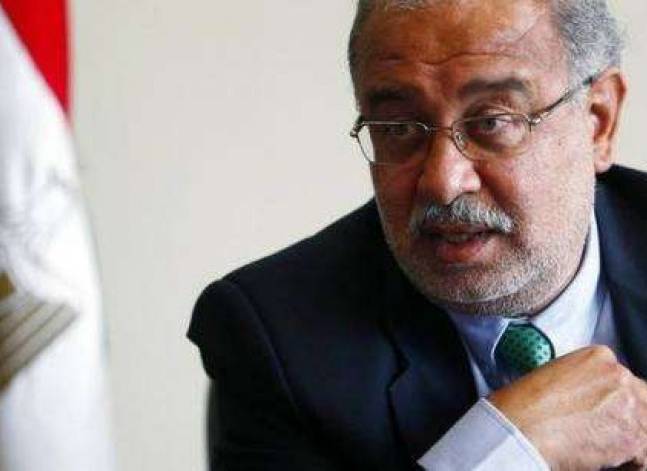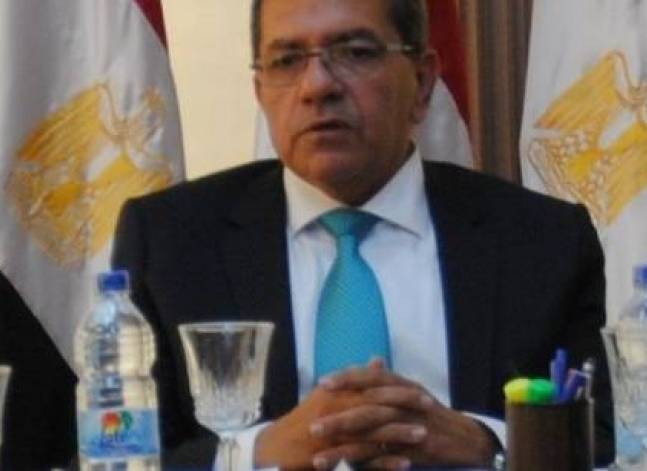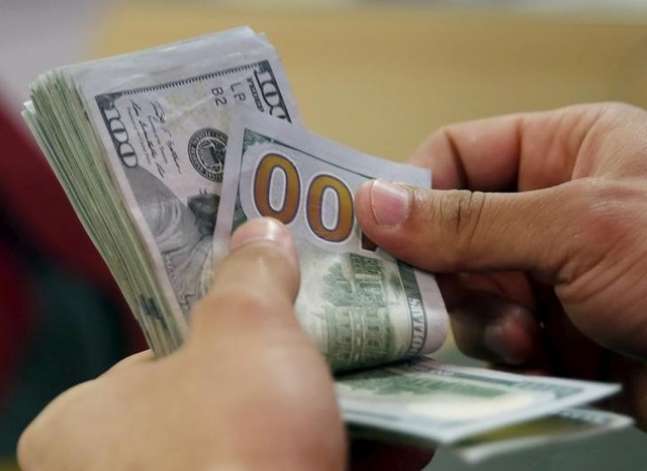Latest NEWS
- Aswat Masriya, the last word
- Roundup of Egypt's press headlines on March 15, 2017
- Roundup of Egypt's press headlines on March 14, 2017
- Former Egyptian President Hosni Mubarak to be released: lawyer
- Roundup of Egypt's press headlines on March 13, 2017
- Egypt's capital set to grow by half a million in 2017
- Egypt's wheat reserves to double with start of harvest -supply min
- Roundup of Egypt's press headlines on March 12, 2017
VAT bill unfavourable to the poor, gives privileges to the rich - EIPR
House of Representatives members take oath-of-office during first session, on Jan. 10, 2016. ASWAT MASRIYA
CAIRO, Aug 23 (Aswat Masriya) - Local NGO, the Egyptian Initiative for Personal Rights (EIPR), said on Monday that the long-awaited Value-added tax (VAT) would reduce tax levied on durable goods bought by rich families, while increasing it on goods bought by the less privileged.
Egypt's parliament is currently in talks to pass the VAT draft law, which is expected to replace the current sales tax and broaden the tax base in an attempt to reduce the budget deficit.
The VAT is a general, broadly based consumption tax assessed on the value added to goods and services, according to the European Commission.
It is defined as a consumption tax, because it is "borne ultimately by the final consumer" and as an indirect tax because it is paid to the revenue authorities by the seller of goods who actually collects the tax from the buyer as part of the price.
According to the draft law, the tax rate proposed by the government reaches 14 per cent relative to 10 per cent under the sales tax law, that is currently in force.
Some parliament members proposed the VAT rate be reduced to 12 per cent, however the final rate is yet to be decided.
While EIPR acknowledged that the goods exempted from VAT serve social justice, the NGO considered the application of a low tax on unhealthy food products such as carbonated water and crackers as counterproductive.
The goods exempted from VAT include local drugs, fertilizers and fuel.
The NGO criticised the exemption of all exporters from the tax regardless of the economic value of their product or service.
The criticism stems from the view that the tax exemption would encourage exporters to focus on low value operations rather than deepen their industry.
Also, at the time when some industrial ventures as those who are dependent on assembling and packaging products are fully exempted from taxes, more productive industries will bear a 5 per cent tax for importing production machines, the NGO said.
EIPR further criticised the VAT bill for giving widespread prerogatives to the minister of finance and the chairman of the Egyptian Tax Authority in a way that could open the door to corruption and nepotism.
The draft law stipulates that a request has to be made to the minister of finance or a delegate in order to file a lawsuit against tax evaders or take legal measures against them.
The government has set a threshold of at least EGP 500,000 of annual sales or service value in order to qualify for the VAT, as per the bill.
EIPR believes that the draft law is paving the way for more tax evasion. The bill considers, repeated delays in tax payment and reporting values less than the actual values, "violations" punishable by a fine of EGP 5,000, which is an "insignificant" amount to an establishment that makes sales of no less than EGP 500,000.
The application of the VAT is one of several reforms the Egyptian government is undertaking, in an attempt to cut spending and meet conditions for a $12 billion three-year loan programme from the International Monetary Fund.
The loan is still subject to the final approval of the IMF executive committee.














